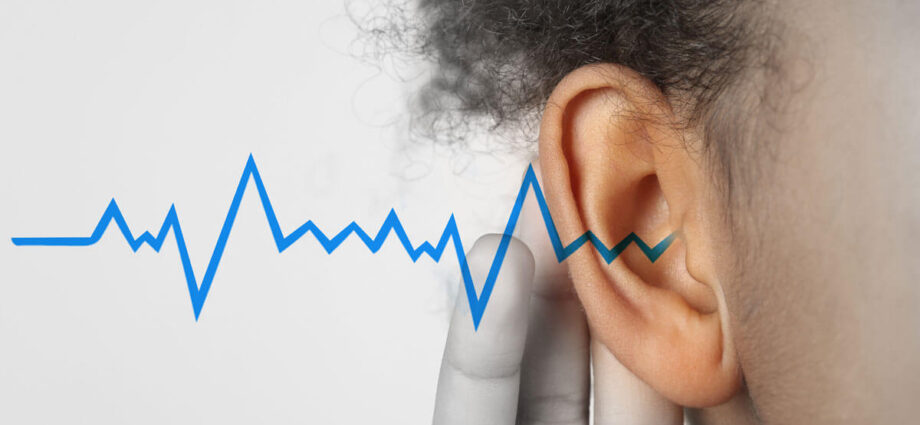Our ability to hear plays a crucial role in our daily lives, affecting communication, safety, and overall quality of life. Yet, many people overlook the importance of regular hearing assessments. This article explores why hearing tests are essential and how they contribute to maintaining optimal auditory health.
The Significance of Hearing Tests
Hearing tests are vital diagnostic tools that help identify and measure hearing loss. These assessments provide valuable insights into an individual’s auditory function, enabling early detection of potential issues and guiding appropriate interventions.
Early Detection of Hearing Loss
One of the primary benefits of regular hearing tests is the ability to detect hearing loss in its early stages. Hearing loss often develops gradually, making it challenging for individuals to notice subtle changes in their hearing ability. Hearing tests from Audiologie Centre Ouest and other reputable clinics can identify these changes before they become more pronounced, allowing for timely intervention.
Monitoring Hearing Health Over Time
Regular hearing assessments provide a baseline for monitoring changes in hearing function over time. This longitudinal data is invaluable for tracking the progression of hearing loss and evaluating the effectiveness of any interventions or treatments.
Types of Hearing Tests
Several types of hearing tests are commonly used to assess auditory function:
Pure Tone Audiometry
This test measures the softest sounds an individual can hear at different frequencies. It helps determine the type and degree of hearing loss.
Speech Audiometry
Speech audiometry evaluates an individual’s ability to hear and understand spoken words at various volumes. This test is particularly useful in assessing how hearing loss affects communication.
Tympanometry
Tympanometry assesses the function of the middle ear by measuring how the eardrum responds to changes in air pressure. This test can help identify issues such as fluid in the middle ear or perforated eardrums.
Otoacoustic Emissions (OAE) Testing
OAE testing measures the sounds produced by the inner ear in response to stimuli. This non-invasive test is particularly useful for screening infants and young children for hearing loss.
Benefits of Regular Hearing Assessments
Improved Quality of Life
Early detection and management of hearing loss can significantly improve an individual’s quality of life. Addressing hearing issues promptly can enhance communication, social interactions, and overall well-being.
Prevention of Further Hearing Damage
Identifying hearing loss early allows for the implementation of protective measures to prevent further damage. This may include using hearing protection in noisy environments or adjusting medication that may affect hearing.
Cognitive Health
Research has shown a link between untreated hearing loss and cognitive decline. Regular hearing tests and appropriate interventions can help maintain cognitive function and reduce the risk of conditions such as dementia.
Safety
Good hearing is essential for personal safety. It allows individuals to be aware of their surroundings, hear warning signals, and respond to potential dangers.
Conclusion
Regular hearing tests are a crucial component of maintaining overall health and well-being. By detecting hearing loss early, monitoring changes over time, and guiding appropriate interventions, these assessments play a vital role in preserving auditory function and enhancing quality of life. Whether you suspect a hearing problem or simply want to maintain your auditory health, scheduling regular hearing tests with qualified professionals is a sound decision for your ears and overall health.

